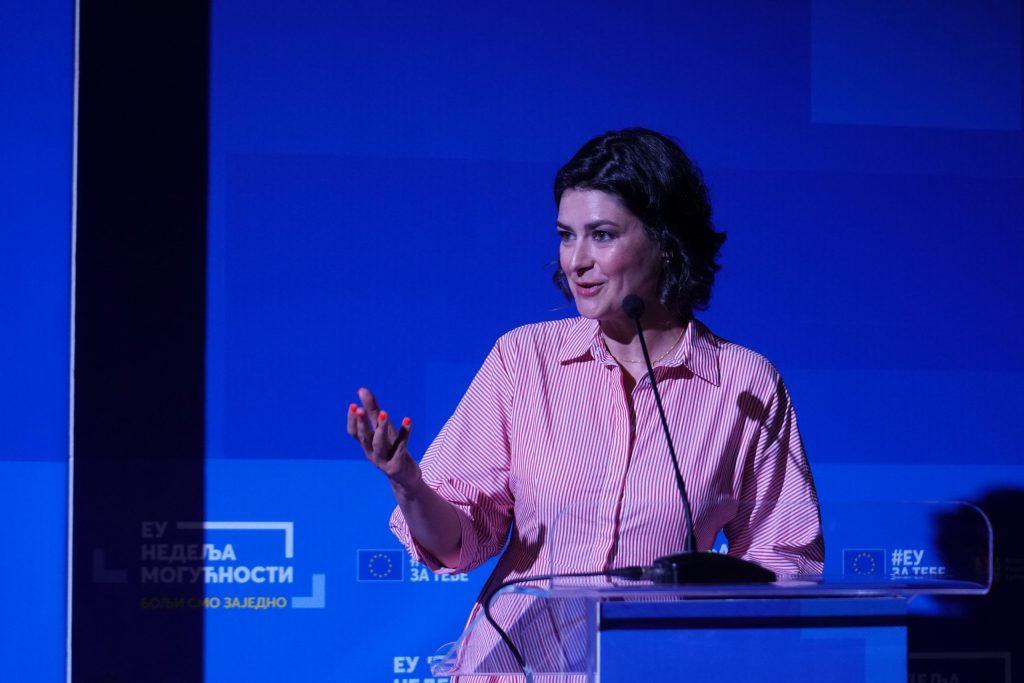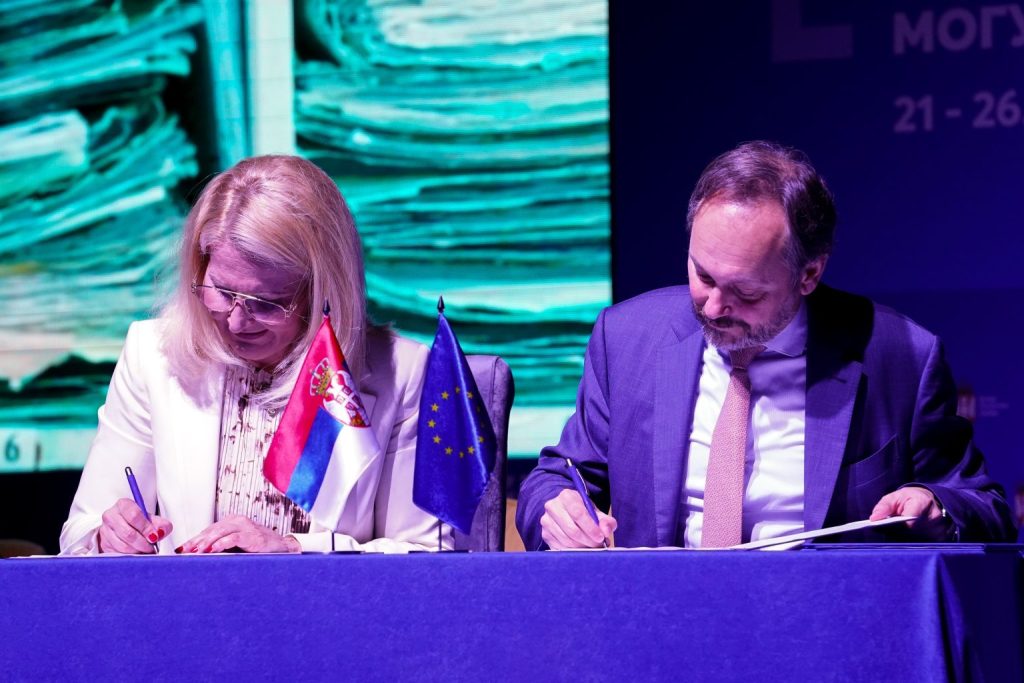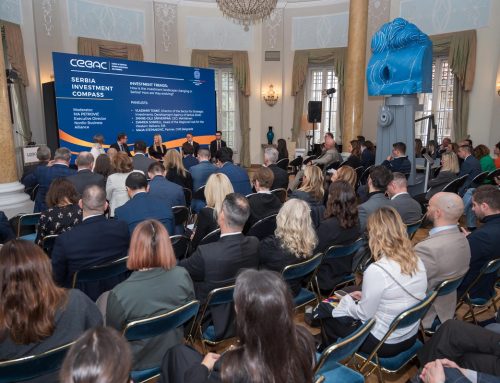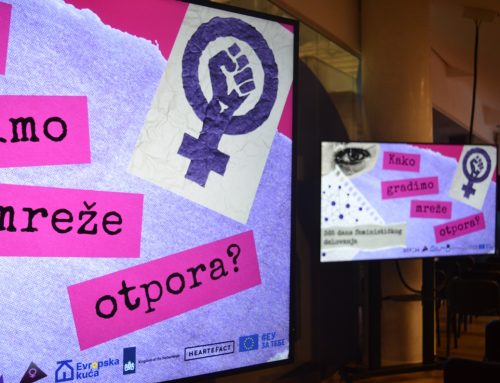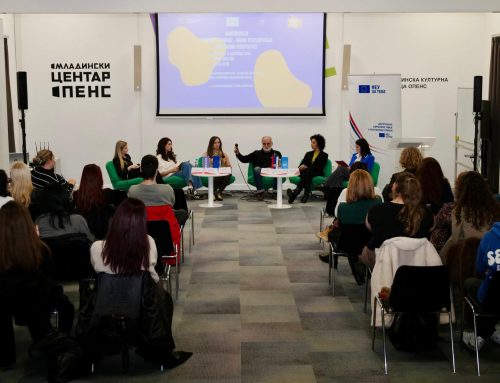The reform in Serbia aims to create public administration that provides high-quality services to citizens, benefits the economy and positively affects the standard of living of its citizens.
“The European Union supports the efforts of the Government of Serbia to effectively implement its strategic and planning documents in the field of public administration reform, primarily for the benefit of Serbian citizens who want to see the concrete results of that reform. The citizens of Serbia deserve to have a modern, efficient, transparent and professional public administration, and that is what we expect from a future member of the European Union,” said Deputy Head of the EU Delegation to Serbia, Plamena Halacheva, and the daily newspaper Danas reports.
She added that the European Union will continue to provide Serbia with professional and financial support in this process.
“For this reason, Serbia and the EU have recently signed an agreement on a new EU grant package in the amount of over 162 million euros, which includes an amount of 30 million euros intended for the Sector Budget Support, These funds should contribute to the implementation of specific reform measures in the period 2023-2025,” said Halacheva.
“The Sector Budget Support is one of the most important instruments used by Serbia in the EU accession process, and so far, within the first instrument of that support, 80 million euros of grants have been withdrawn, and the new tranche will amount to 30 million euros, also in grants,” said the Acting Assistant to the Minister of State Administration and Local Self-Government, Mila Stanković, and Danas reports.
She pointed out that the implementation of the second Sector Budget Support Instrument is starting, which means that by fulfilling the criteria stipulated in the strategic documents, by proving to the EU the progress that has been made, Serbia has the possibility to withdraw more money, which is a direct support to the republic’s budget.
Those criteria, as she explained, are very strict and prescribed in advance.
“These are general criteria, and they primarily refer to the progress in the implementation of public administration reform, public finance reform, as well as budget transparency and macroeconomic policy stability. Those are four general and most important essential criteria the fulfillment of which we prove in the process of reporting to the European Commission on the progress we have made,” said Stanković.
As she added, Serbia is obliged to report annually to the European Commission on the progress that has been made and to submit a financial request based on the self-assessment of that progress.
“Of course, the EU does not take it for granted, and for that reason we are also expected to carry out an assessment mission, where, together with our partners from the European Commission, we go through a very comprehensive process of proving what is stated in the report that we submitted as part of the self-assessment, and, only when what is stated is verified, the EU approves direct payment to the budget of the Republic of Serbia,” said Stanković. When asked what her experiences were when it comes to the previous phase of reporting to the EU, she said that it was not easy.
“It was really a serious test for us, for the entire administration, not only for the Ministry of State Administration and Local Self-Government, bearing in mind that all relevant partner institutions participate with us in this process. I am primarily referring to The Ministry of Finance, The Ministry of European Integration, The General Secretariat of the Government, The Service for Personnel Management and The National Academy for Public Administration , ” Stanković said.
Of the withdrawn 80 million euros, 63 million were paid into the budget, and the remaining 17 million were used for technical support projects, necessary for the establishment of tracking, monitoring, and reporting systems.
“Bearing in mind that the new Public Administration Reform Strategy changes the focus towards citizens, primarily on the quality of services, on transparency and responsibility, we expect that this Instrument will help us so that in three to four years we can really come out to the citizens with serious results in this area,” said Stanković.
She pointed out that the funds paid directly into the Serbian budget are in some way a reward from the European Commission for what has been implemented so far, while the technical support projects implemented by the EU Delegation are directly contracted and the administration receives support from them in terms of expert support.
The European Union helps Serbia through the development of electronic portals and services that are at the basis of the efficient functioning of public administration. The EU helped in the establishment of eGovernment by creating institutional prerequisites, donating equipment, creating centralised registers of databases and developing the eGovernment portal itself. Only for the development of the portal for Public Procurement, the EU provided 3.2 million euros in grants.
So far, Serbia has received almost 4 billion euros in grants from the EU, and 215 million euros of that for public administration reform alone. Annually, around 200 million euros are allocated from pre-accession IPA funds for managing public finances and improving the work of local self-governments and independent institutions. Public administration reform is one of the most important elements of Serbia’s EU accession process, and in 2014 it was also put on the forefront of the negotiations. A modern and professional public administration is a key element for every EU member state in order to effectively implement laws and manage EU funds transparently.


